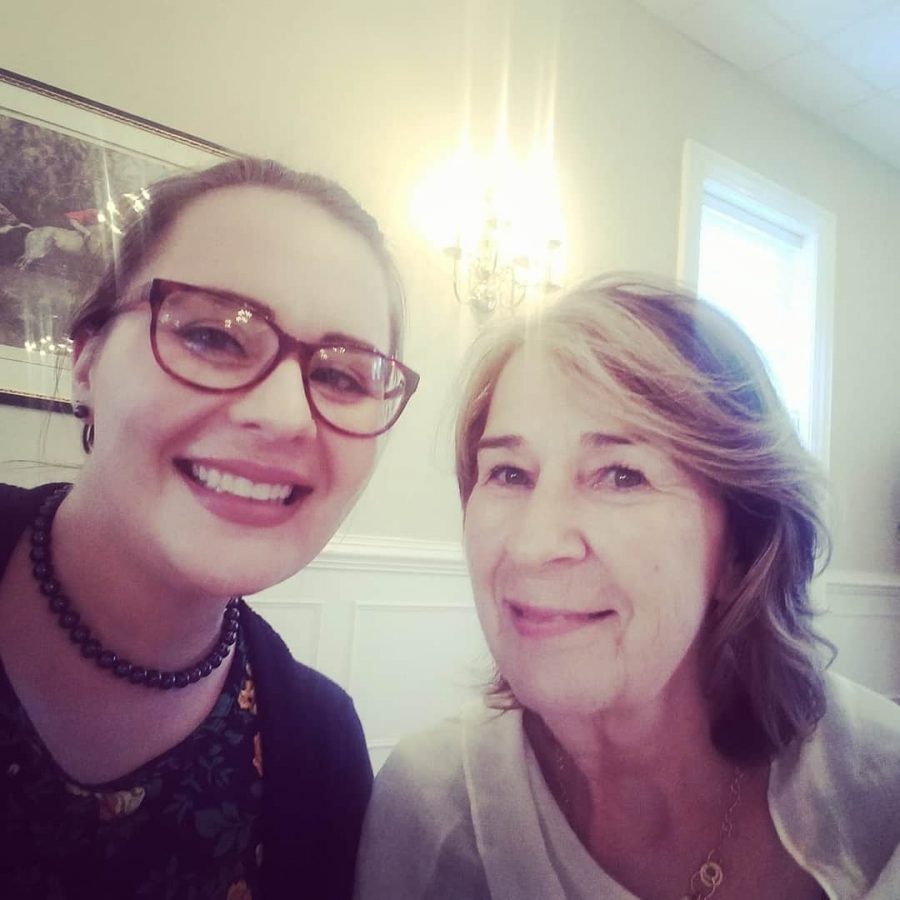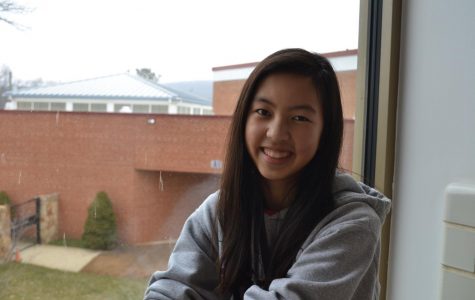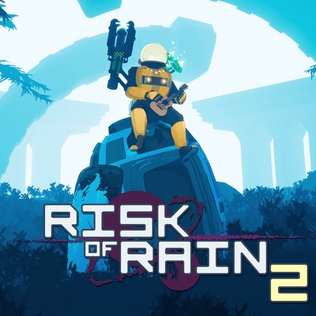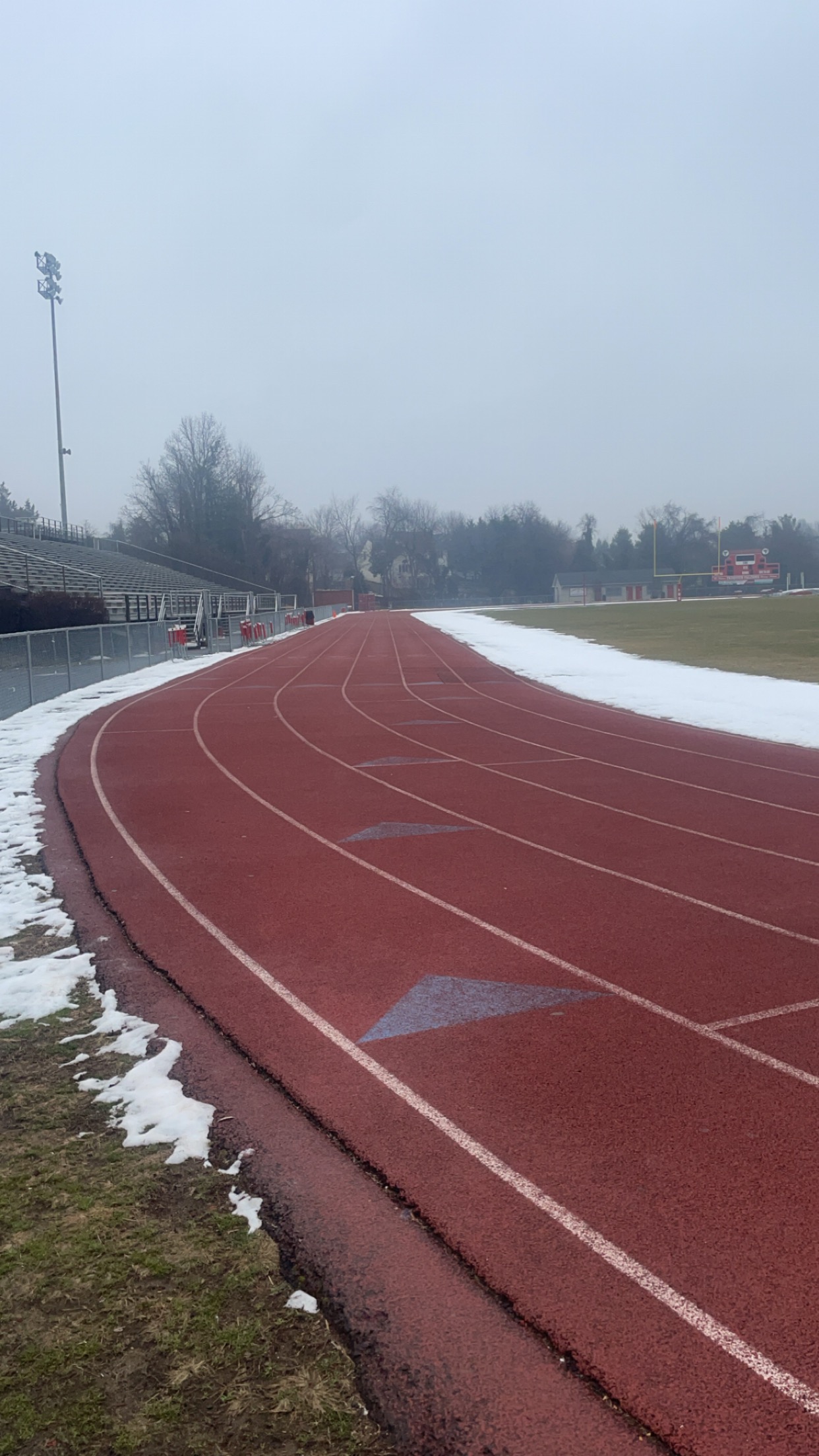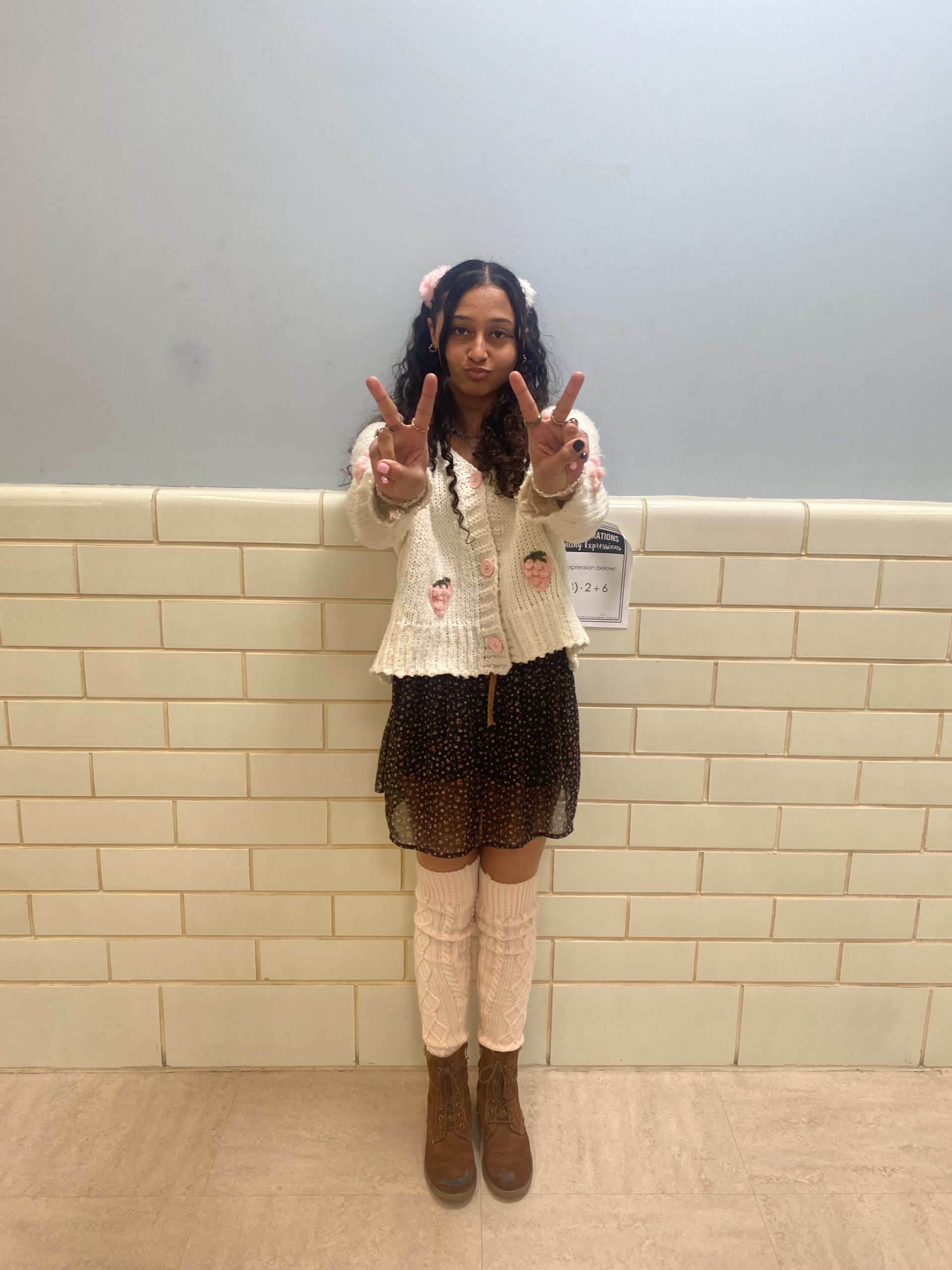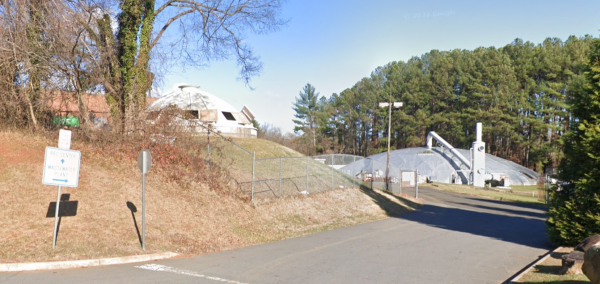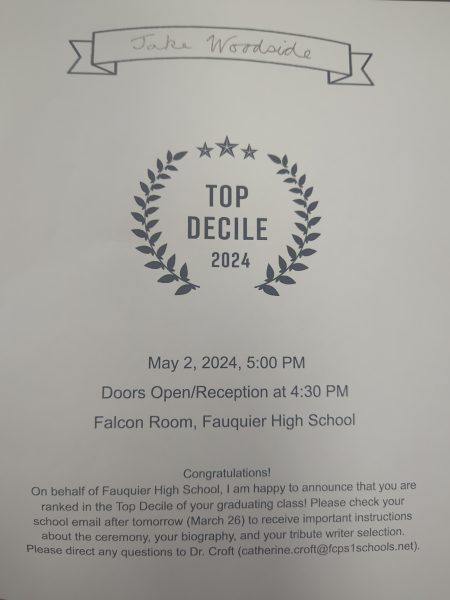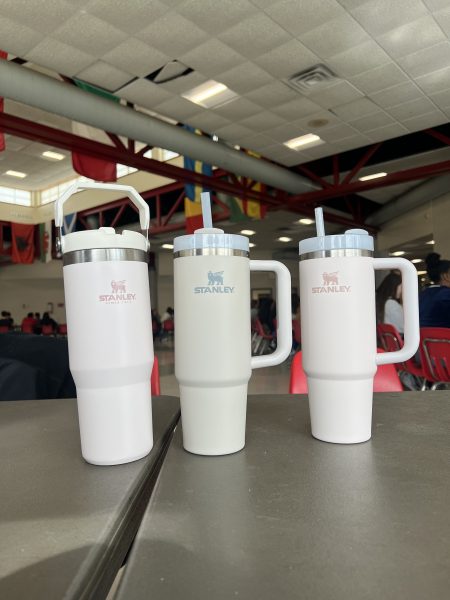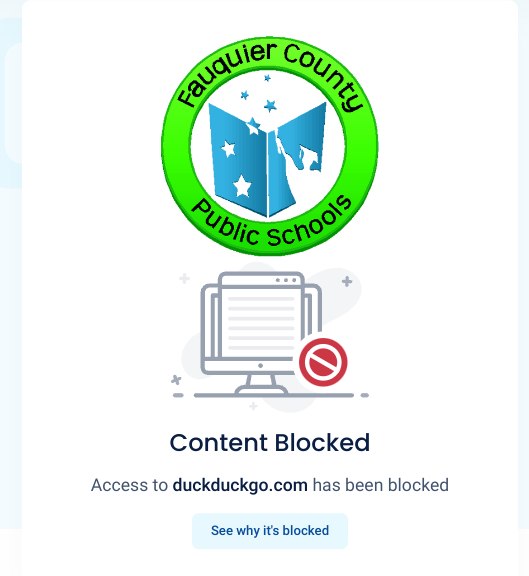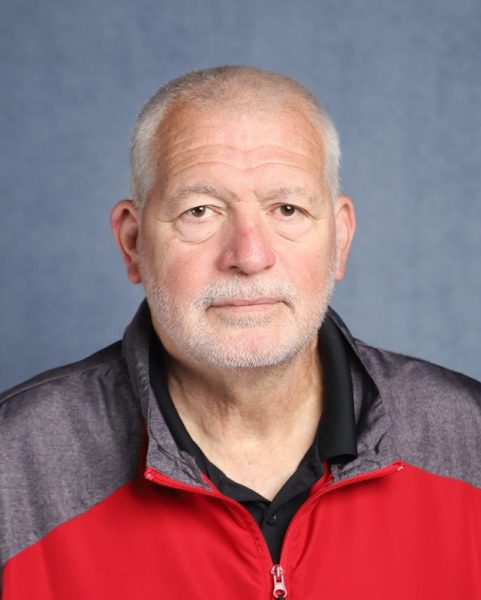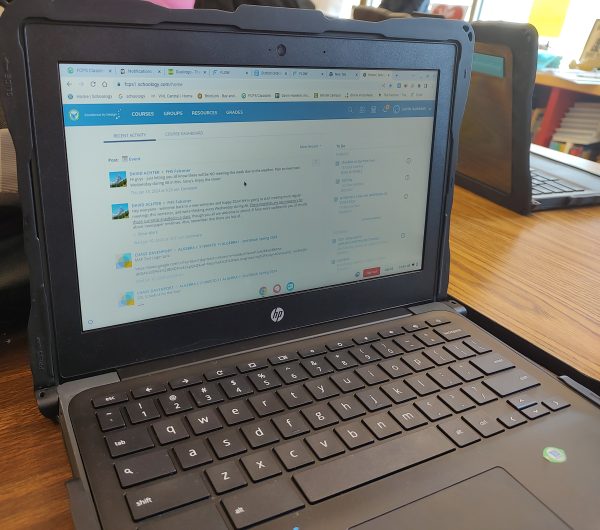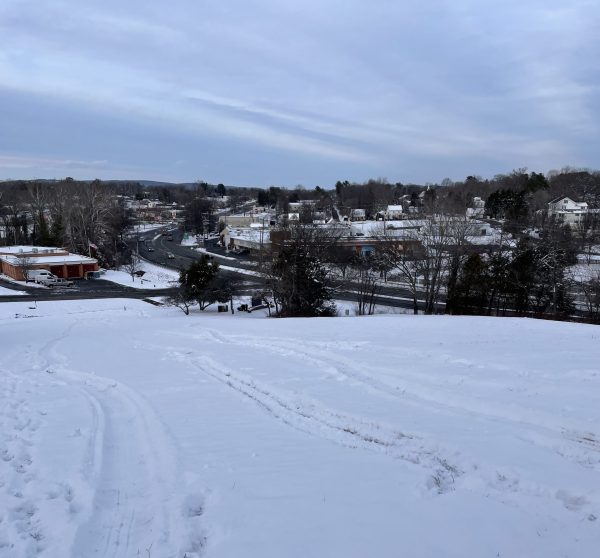From Future to Former Teacher
Riley Dishner Forced to Resign Due to COVID-19 Months After Receiving the Position
photo provided by Riley Dishner
Part of why Dishner resigned is for the safety of her family, saying she couldn’t live with herself if anything happened to them because of her job exposure.
July 26, 2020
Many rising seniors may remember the name Riley Dishner, a former English teacher who resigned following the 2018-19 school year to take care of her father on the family farm. After a year away from FHS, Dishner planned on returning as the AP/DE English 11 teacher. However, circumstances of COVID-19 gave Dishner no choice but to resign only a few months after earning the position.
Dishner said that her decision was difficult, and resigning was disappointing. “Like everyone, I have irreplaceable family members who need me and who I worry about,” said Dishner. “I couldn’t stand it if I spread COVID-19 to them, and they got seriously ill or died. And the only way I could see avoiding that would be to only work and avoid seeing family at all, which isn’t a realistic option.”
Along with her concern for her family’s safety, the main reason for Dishner’s resignation was the threat to her husband’s job. His job cannot be done virtually. However, his work requires that employees with spouses that may put the team at risk must work virtually.
“We were looking at a situation where it is possible working my job could threaten the security of his job,” said Dishner, “As a teacher, I earn peanuts compared to him, so we just couldn’t financially afford to put his job in jeopardy.”
Dishner signed her contract for the job in early March. “I was excited to return to teaching in the school community I love,” said Dishner. She added, “I had no idea what we were in for and I had no concept of how it would impact schools.”
As schools plan to reopen amid the pandemic, Dishner holds her reservations, saying, “There is still so much unknown about the virus and its long-term effects. We are basically experimenting to see what happens when we put kids back in school.” She added that despite her concerns, she understands that it is easy for her to add her two cents when she is not experiencing the pressure of making an immediate decision.
Dishner suggests that in-person learning should be need-based rather than want and from there, schools can adjust teaching methods. Needs include lack of internet access, lack of adult supervision, need for hot meals and need for assistance based on age or learning difficulties. By doing so, most teachers and students could work remotely while classroom space can be cleared up so students can social distance and learn in-person.
Because she will no longer be teaching at FHS, Dishner plans on continuing her work in the education system through teaching college courses virtually. “It is tough because it is competitive– a lot of people are applying to those kinds of positions,” said Dishner. “If I lived in a perfect world, I would get a position teaching college writing online that would offer tuition assistance for me to work on my Ph.D.”

